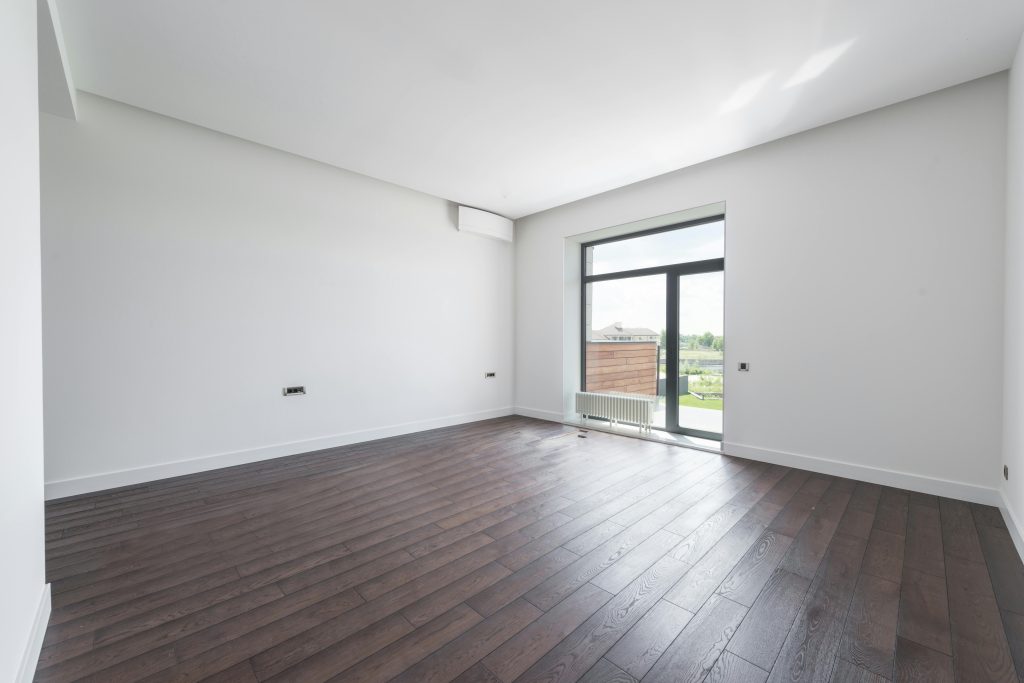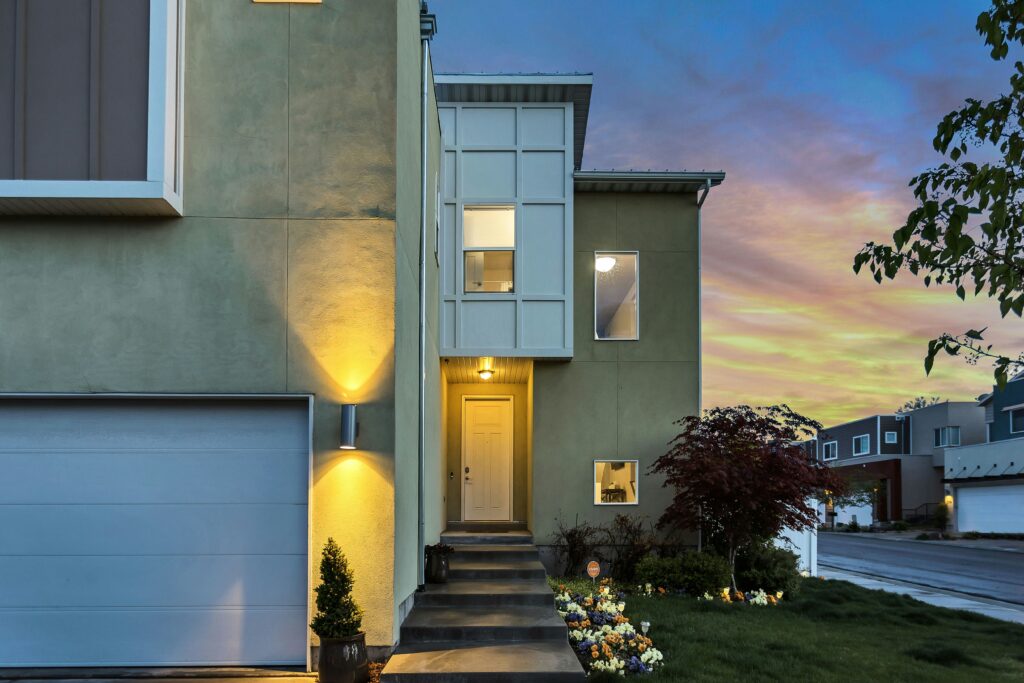Shared ownership has become an increasingly popular pathway to owning a home. It allows you to purchase a share of a property (meaning you pay less) and then pay rent on the remaining share. However, selling a shared ownership property can present unique challenges and considerations. With that in mind, this guide walks you through the process of how you can sell a shared ownership home.
What is shared ownership?
Shared ownership is a housing scheme that’s particularly popular among first-time buyers. It lets you purchase a share of a property, typically ranging from 25% to 75%, while paying rent on the remaining portion.
The unique approach provides a more accessible pathway to homeownership for many and bridges the gap for those who may find traditional property buying out of reach. Currently, there are around 200,000 shared ownership homes in the UK.
What are the benefits of shared ownership?
- More affordable entry. Shared ownership lowers the initial financial barrier, making it possible for more people to enter the property market.
- Staircasing opportunities. Owners have the option to increase their share over time, known as “staircasing,” allowing for gradual progression towards full ownership.
What are the drawbacks of shared ownership?
- Restrictions on alterations and subletting. Shared ownership properties often come with specific rules and limitations on what changes can be made or whether subletting is allowed.
- Potential complexities when selling. Selling a shared ownership property can be more complex due to the shared nature of the ownership and potential coordination with housing associations.
How can I prepare to sell a shared ownership property?
Selling a shared ownership property requires careful preparation and a clear understanding of the unique aspects involved. Before putting your share on the market, consider the following essential steps:
Review your lease
Begin by examining your lease, as every shared ownership housing association or local authority has distinct procedures for selling a shared ownership home. Your lease will detail the terms, valuation methods, payment responsibilities and any restrictions that may apply when selling your property.
Reach out to your housing provider
Your housing provider or local authority typically has eight weeks to find a buyer, charging around £350 for marketing services. This includes photographs, floor plans, and advertising. They’ll coordinate viewings and verify the buyer’s mortgage eligibility. If unsuccessful, you may engage an estate agent, but they must locate a shared ownership buyer, adhering to specific income and deposit requirements.
Obtain a valuation from a RICS surveyor
An independent RICS surveyor will determine your home’s market value, with fees ranging from £240 to £500. Your housing provider can provide a list of surveyors to initiate the process.
Hire a solicitor
After valuation, you’ll need a solicitor experienced in shared ownership sales. Legal fees may include those for your housing provider, usually around £500, plus your own. Obtain a quote upfront, and consider using the solicitor who assisted with your purchase.
Complete housing association forms
Your housing provider requires several documents and fees to sell your home, including:
- An ‘intention to sell’ form
- A copy of your lease
- A signed selling guide sign-off form
- An admin fee of approximately £350
- Selection of a photographer for property images
- A valid Energy Performance Certificate (EPC)
Your housing association will list your property on relevant websites and coordinate viewing times. You’ll approve the listing before it goes live, ensuring a streamlined process for selling your shared ownership property.
What’s the sale process for a shared ownership home?
The process of selling a shared ownership property involves several key steps that require careful attention and coordination:
Receiving offers
Evaluate any offers that come in meticulously, considering the valuation of your property. Each offer may present different terms and conditions, so understanding your priorities and the current market conditions will guide your decision-making.
Housing association’s right of first refusal
Depending on your agreement, the housing association may have the right to buy the property first or find a suitable buyer. This step can add complexity to the process, and understanding the housing association’s role is vital.
Coordinate with co-owners
If you share ownership with others, maintaining clear and open communication is crucial. Aligning expectations and responsibilities can prevent misunderstandings and facilitate a smoother sales process.
Legal procedures
Engaging a solicitor experienced in shared ownership is advisable. They can guide you through the legal intricacies, ensuring compliance with all relevant laws and regulations.
How do buyers make offers?
Once viewings have concluded, all interested applicants enter the selection and allocation process, beginning with the submission of a reservation form. The successful applicant is then provided with an offer letter and must pay a non-refundable reservation fee.
This fee serves as a sign of serious interest and commitment from the buyer, offering you, the seller, a sense of security in the transaction. It ensures that the buyer is genuinely invested in purchasing your home.
Following this, the buyer must consult with a mortgage advisor to verify their ability to afford their share of the property. This step is crucial in confirming the financial viability of the sale.
Subsequently, a memorandum of sale is issued to all involved parties, allowing the sale to move forward. This formal document outlines the agreed terms and sets the stage for the next phase of the process.
At this point, your solicitor can begin the work of assigning the lease to the new buyer. This legal transfer is a critical component of the sale, ensuring that ownership rights are properly conveyed.
The process of receiving and accepting offers on a shared ownership property is multifaceted, involving careful coordination and adherence to specific procedures to achieve a successful sale.









